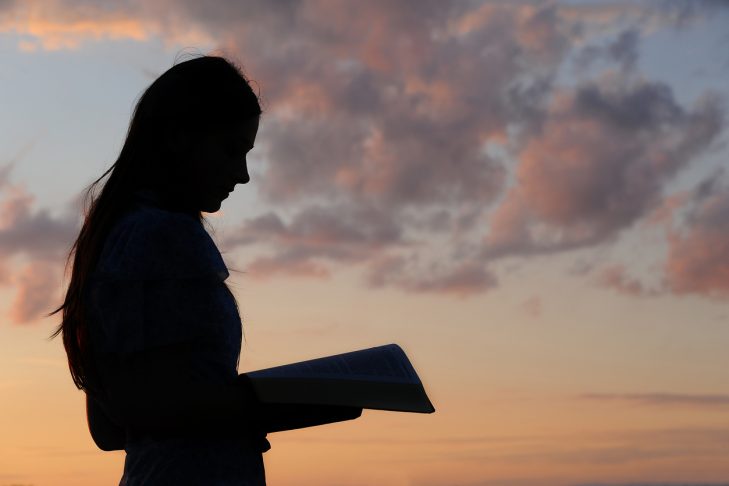I have pursued my higher education at the Royal Manchester School of Music and Art, where I earned my degree in music theory. Since then, I have lectured widely on music and its application to prayer, and have served as a guest lecturer at the Yale Conservatory of Music. I also gave classes and maintained a rigorous regime of study and practice of traditional and modern liturgy and music. So far, I have produced several concerts, performing worldwide in New York, London, Tel Aviv, South Africa and Warsaw. In 1996, the prestigious Jewish Center on the Upper West Side appointed me as senior cantor, where I served for 13 years. I now serve as cantor at Park East Synagogue. Throughout my career, I have taught and guided many of today’s well-known cantors.
Having in mind my previous experience, I believe that in biblical Judaism there were no obligatory and no constant prayers. If one of the characters of the Holy Scriptures wanted to turn to God, he could do that at any time. After the fall of Beit HaMikdash HaSheni (the Second Temple), the sages brought prayers with more or less standard text.
Almost all Jewish prayers are written in Hebrew. The sages of the Jewish people declared that some important prayers (for example, Kaddish) are read in Aramaic language, spoken at that time, to allow even illiterates to understand it. With the passing of time, with the exception of the Talmudists and the linguists, the Aramaic language was forgotten, but no one dares to cancel the ancient custom of praying in Aramaic.
I continue pointing to the main Jewish prayer called “Sh’ma Yisrael” (“Hear, Israel”), which is technically not a prayer, but a credo, as a declaration of the Jewish faith. There is no law in reading this prayer standing upright or sitting down, and I do not judge. The wise sages have said that this prayer can be pronounced even on construction sites during work or traveling without getting out of the transport vehicle. Also, the Talmud discusses the question of what to do when you find yourself in the bathroom (or without clothes), reading the Shema Yisrael. The sages decided that there was no problem if the water in the bathroom is blurry enough and the lower part of the body is not visible, so one can be considered dressed.
I also have to mention that the basic Jewish prayer “Amidah” (“Shmoneh Esreh,” or “The Eighteen,” must be read three times a day. It originally consists of 18 blessings, to which some were added, but the old name remains.
These prayers are some of the most beautiful recited or sung words in the Jewish religion. Being a cantor for over 20 years, I love the fact that I understand everything about them now.
This post has been contributed by a third party. The opinions, facts and any media content are presented solely by the author, and JewishBoston assumes no responsibility for them. Want to add your voice to the conversation? Publish your own post here. MORE



